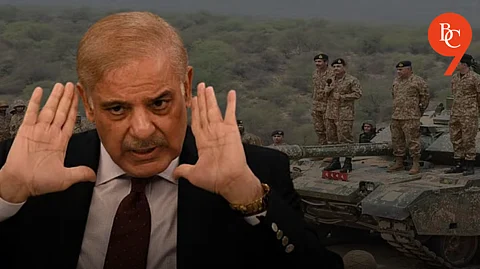

In the late 1970s, a single sentence from a military court marked the end of democracy in Pakistan and thrust the country into the grip of martial law. The execution of Prime Minister Zulfikar Ali Bhutto in 1979, following a controversial trial, remains one of the most pivotal-and debated-moments in Pakistan’s political history.
Zulfikar Ali Bhutto, founder of the Pakistan Peoples Party (PPP), was a charismatic leader who served as both President and Prime Minister. His tenure was marked by significant reforms but also by mounting political unrest and opposition, particularly from conservative and military factions. In July 1977, General Mohammad Zia-ul-Haq led a military coup, ousting Bhutto and suspending the constitution under the pretext of restoring order.
Bhutto was initially detained, then released, only to be rearrested as his popularity threatened the new regime. The military government accused him of authorizing the murder of a political opponent, leading to a trial that many observers, both in Pakistan and internationally, considered deeply flawed and politically motivated. The Lahore High Court sentenced Bhutto to death on March 18, 1978, and the Supreme Court upheld the verdict in February 1979, despite widespread appeals for clemency.
The sentence handed down to Bhutto was more than a legal verdict-it was a death knell for Pakistan’s fragile democracy. On April 4, 1979, Bhutto was hanged in Rawalpindi Jail, despite global appeals for mercy. Many legal experts and historians have since described his execution as a “judicial murder,” highlighting the lack of a fair trial and due process. In March 2024, Pakistan’s Supreme Court itself acknowledged that Bhutto was denied a fair trial, calling the episode a “historic wrong”.
With Bhutto’s execution, General Zia-ul-Haq consolidated power, imposing martial law and ruling Pakistan with an iron fist. Political parties were suppressed, dissent was crushed, and democratic institutions were sidelined for years. The military’s dominance over civilian government became entrenched, shaping Pakistan’s political landscape for decades to come.
Bhutto’s execution and the imposition of martial law are widely seen as the moment when Pakistan’s experiment with democracy was violently interrupted. The military’s hold over politics, established in this era, continues to influence Pakistan’s governance and civil-military relations today.
